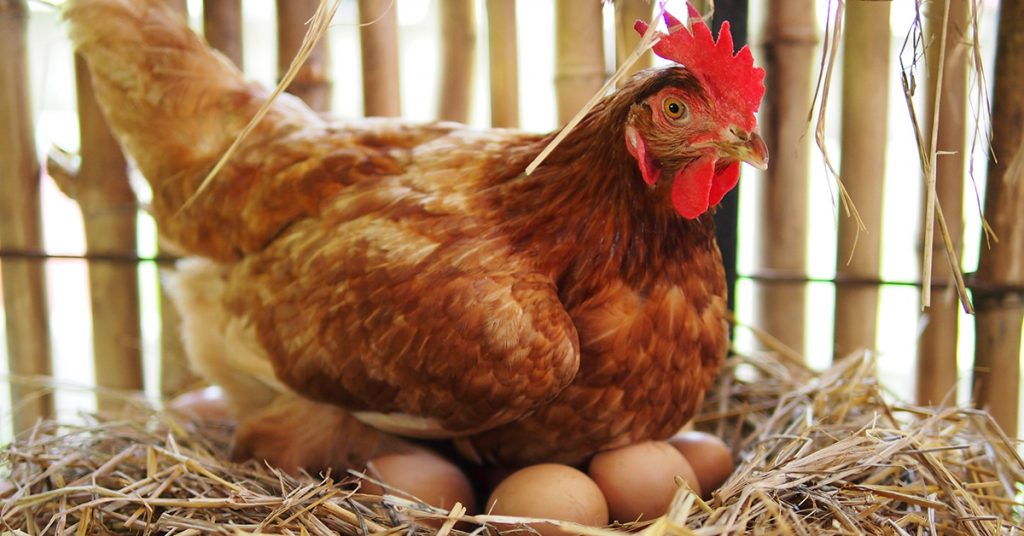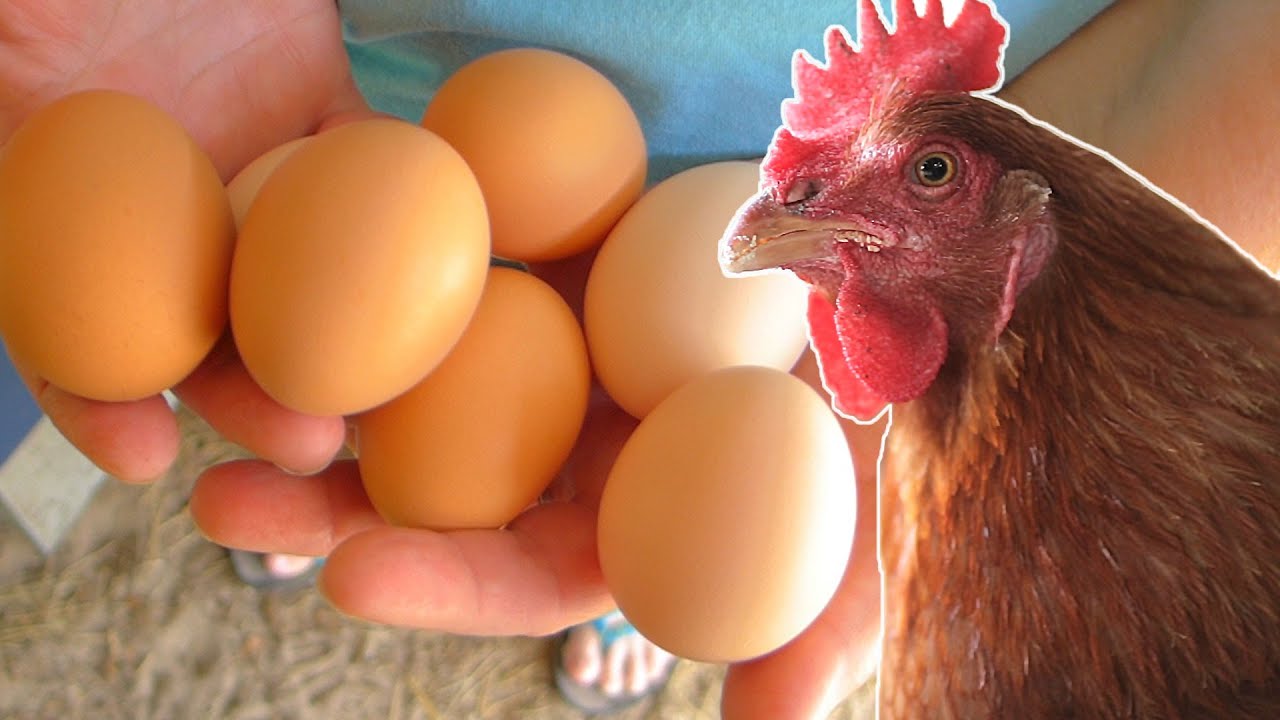How Many Eggs Will 100 Chickens Lay a Day: Understanding Egg Production in Poultry Farming
Poultry farming is a significant industry that provides a valuable source of eggs and meat for consumption. One common question that arises in this context is, "How many eggs will 100 chickens lay a day?" This article aims to provide insights into egg production in poultry farming, discussing factors that influence egg-laying capacity, average production rates, and considerations for managing a flock of 100 chickens.
1. The Egg-Laying Potential of Chickens:

Egg-Laying Potential of Chickens
Before delving into the specifics of egg production, it is important to understand the egg-laying potential of chickens.
The ability of hens to lay eggs varies based on factors such as breed, age, health, and environmental conditions.
Different breeds may exhibit varying egg-laying capabilities, with some specifically bred for high egg production.
2. Factors Affecting Egg Production:
Several factors can influence the egg production rate of chickens. These factors include:
Age: Young hens typically start laying eggs between 4 to 6 months of age, with production peaking at around 1 to 2 years.
Breed: Certain chicken breeds, such as Leghorns, Rhode Island Reds, and Sussex, are known for their high egg production rates.
Nutrition: A balanced and nutrient-rich diet plays a crucial role in supporting optimal egg production. Proper feeding practices and access to clean water are essential.
Lighting: Adequate lighting is important, as hens require a certain number of hours of light per day to stimulate egg production.
Health and Well-being: Chickens that are free from diseases, parasites, and stress are more likely to produce eggs consistently.
3. Average Egg Production per Hen:

Egg
On average, a healthy hen is capable of laying approximately 4 to 6 eggs per week. This translates to approximately 200 to 300 eggs per year.
However, it is important to note that individual variations exist within a flock, and factors like breed, age, and management practices can influence the exact numbers.
4. Estimating Egg Production for 100 Chickens:
To estimate the potential egg production of a flock of 100 chickens, it is necessary to consider the average egg-laying rate per hen and the overall health and management practices of the flock.
Based on the average production rate mentioned earlier, a flock of 100 hens could potentially yield around 400 to 600 eggs per day.
5. Maximizing Egg Production:
To maximize egg production in a flock of 100 chickens, several strategies can be implemented:
Optimal Nutrition: Provide a well-balanced diet formulated specifically for laying hens, ensuring they receive all the necessary nutrients.
Proper Lighting: Maintain a consistent lighting schedule to stimulate egg-laying activity. This typically involves providing 14 to 16 hours of light per day.
Regular Monitoring: Regularly monitor the health of the flock, implementing preventive measures and promptly addressing any signs of illness or stress.
Clean and Comfortable Environment: Provide clean, well-ventilated housing with appropriate nesting areas and bedding to ensure the comfort of the hens.
6. Seasonal Variations in Egg Production:
It is important to note that egg production can vary seasonally. Chickens may exhibit decreased egg-laying during periods of extreme heat or cold, as well as during molting cycles.
Managing these fluctuations requires careful attention to environmental conditions and the overall well-being of the flock.
7. Market Considerations:
When considering egg production in a commercial setting, it is essential to evaluate market demand and adjust flock size accordingly.
Understanding consumer preferences, local regulations, and industry trends can help optimize production levels and meet market requirements.
The number of eggs produced by 100 chickens in a day depends on various factors such as breed, age, health, and management practices. While an average healthy hen can lay 4 to 6 eggs per week, estimating the egg production of 100 chickens yields a potential range of 400 to 600 eggs per day. Maximizing egg production involves providing optimal nutrition, proper lighting, regular monitoring, and a clean and comfortable environment. By implementing effective management strategies and considering market demand, poultry farmers can ensure a productive and profitable egg-laying operation.